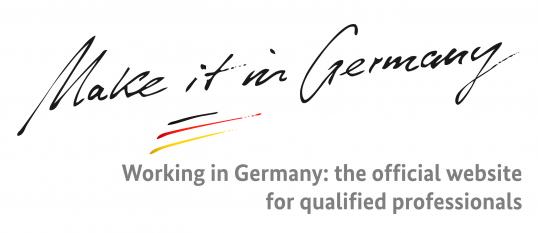The best thing about EOJDs is that you don’t have to be located in the host city. Onsite events can also be accessed online so you can participate no matter where you are in Europe.
Participating in a job day can be an intimidating experience, so here are a few tips to help you prepare and benefit from the experience, whether you are attending in person or online.
Do your research
To take part in a EOJD you’ll have to register before. The events are free, so registration is simple. The next step is to research the participating companies, their main projects and main values.
The list of organisations due to attend will be published on the event page in advance, so you can decide who you would like to speak with and prepare some suitable questions. Being able to show knowledge of the companies and their projects shows interest and initiative, and can help you stand out from the crowd.
Apply for jobs beforehand
The jobs are also available online, and participants can apply in advance. Doing so allows you to plan ahead and maximise your time over the weekend. It gives you the opportunity to research the companies more in detail.
Before you apply there are a few things to consider. “Have a look at how a CV in Germany looks and what information they contain. There can be huge differences between what a CV requires in your country and in the country you would like to work in,” explains Natalia Giménez Pérez, an Adviser from the German Public Employment Service’s Migration Support Center. She adds, “German companies ask for a ‘letter of motivation’ which should explain why you wish to apply to this company and for this job position specifically”.
Interview preparation
“Prepare a short self-presentation in English or German for your talks with the employers. Keep in mind that different facts about you can be important for different companies and different job positions,” says Natalia.
In addition, you should prepare answers for common questions such as “Why do you want to work for our company?” and “Why are you the right candidate for this position?”
Natalia also advises to do the same regarding the country you want to move to. Employers may ask why you want to work in Germany, and ask about your knowledge about the region where their company is located. “Being able to answer these questions shows that you have a well-prepared plan and not just a spontaneous idea,” she explains.
A few final tips
If you’re able to attend an onsite event, you’ll want to give a good first impression. Make sure you dress appropriately, have good command of English or German and have a few printed CVs (again in English or German) to offer exhibitors.
For those participating online, check your equipment beforehand. Make sure you have a stable WiFi or cable connection, and ensure your speakers/headset and webcam work well.
For further info on the next Make it in Germany: European (OAnline) Job Day, check out the Make it in Germany website or the EURES events page.
Related links:
Read more:
Living and Working Conditions in EURES countries
EURES Jobs Database
EURES services for employers
EURES Events Calendar
Upcoming Online Events
EURES on Facebook
EURES on Twitter
EURES on LinkedIn
Details
- Publication date
- 14 March 2019
- Authors
- European Labour Authority | Directorate-General for Employment, Social Affairs and Inclusion
- Topics
- EU toolbox for mobility
- External EURES news
- Hints and tips
- Job Days / Events
- Labour market news / mobility news
- Youth
- Related section(s)
- Sector
- Accomodation and food service activities
- Activities of extraterritorial organisations and bodies
- Activities of households as employers, undifferentiated goods- and services
- Administrative and support service activities
- Agriculture, forestry and fishing
- Arts, entertainment and recreation
- Construction
- Education
- Electricity, gas, steam and air conditioning supply
- Financial and insurance activities
- Human health and social work activities
- Information and communication
- Manufacturing
- Mining and quarrying
- Other service activities
- Professional, scientific and technical activities
- Public administration and defence; compulsory social security
- Real estate activities
- Transportation and storage
- Water supply, sewerage, waste management and remediation activities
- Wholesale and retail trade; repair of motor vehicles and motorcycles
